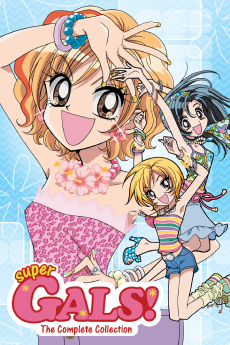KODOMO NO OMOCHA
STATUS
COMPLETE
EPISODES
102
RELEASE
March 27, 1998
LENGTH
22 min
DESCRIPTION
Sana Kurata has a charmed life. Not only is her mother is a famous, award-winning writer, but she's the star of the hit TV comedy "Child's Toy" while still in the fifth grade. But Sana's biggest concern is Akito Hayama, a pint-sized hellion who's organized the boys in their grade-school class into a mass of unending noise and violence. With the help of Rei, her manager, chauffeur and "pimp," Sana is determined to win back control of the classroom from her new arch-enemy. But as her crusade continues, Sana moves further into Akito's life, and finds that he might not be entirely bad...or entirely safe.
(Source: Anime News Network)
CAST
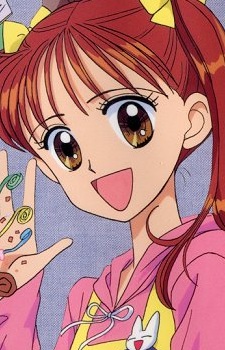
Sana Kurata
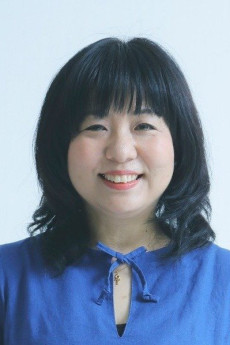
Shizue Oda
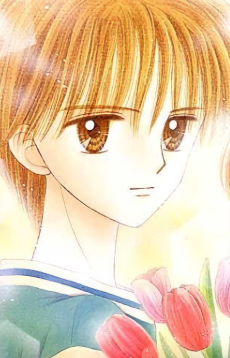
Akito Hayama

Tatsuya Nakazaki
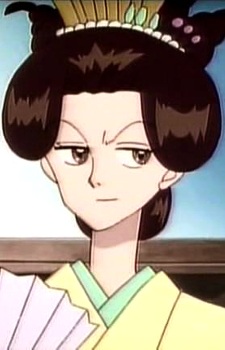
Misako Kurata
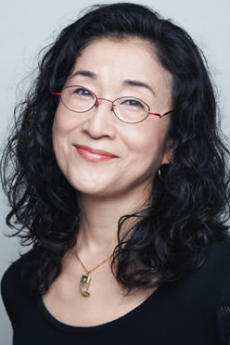
Hana Kino
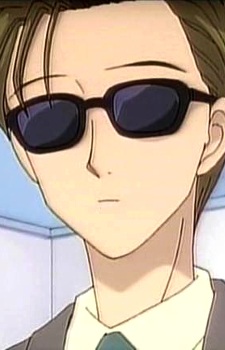
Rei Sagami
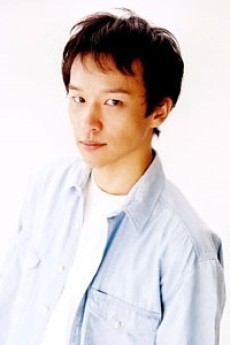
Ryou Naitou

Tsuyoshi Ooki

Mayumi Misawa
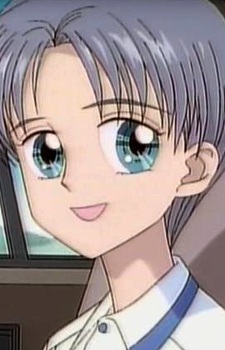
Naozumi Kamura
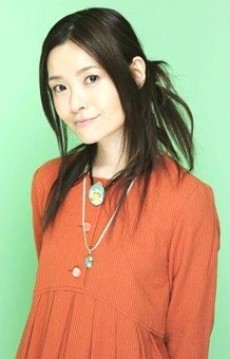
Omi Minami
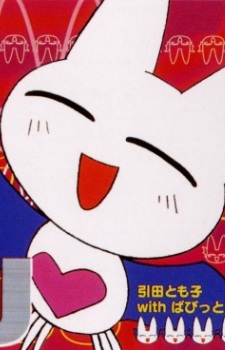
Babbit
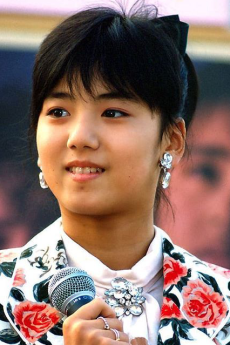
Tomoko Hikita

Aya Sugita
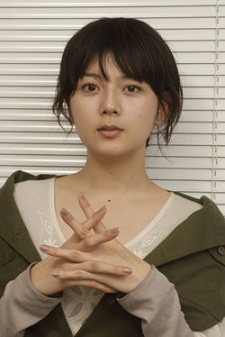
Akiko Kikuchi
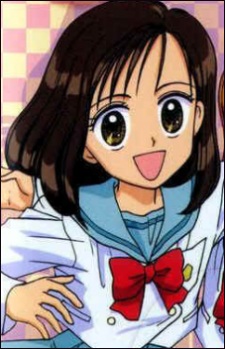
Fuuka Matsui

Harumi Ikoma
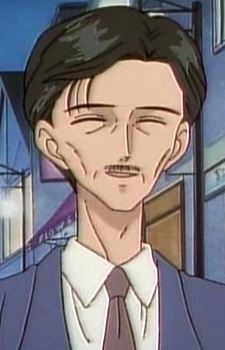
Fuyuki Hayama
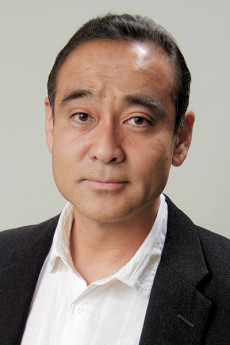
Takashi Matsuyama
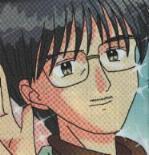
Takeshi Gojou
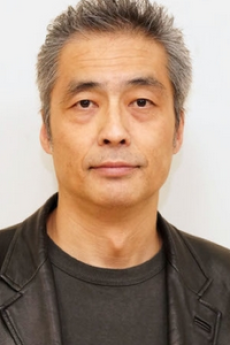
Hiroshi Takahashi
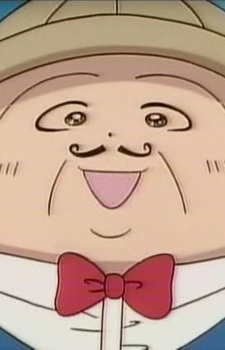
Naru Naru
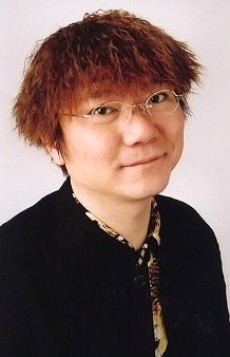
Chafuurin
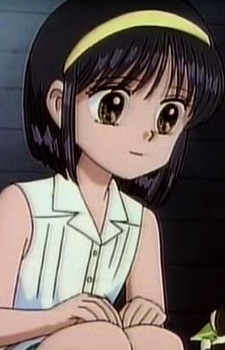
Mami Suzuki

Azusa Nakao
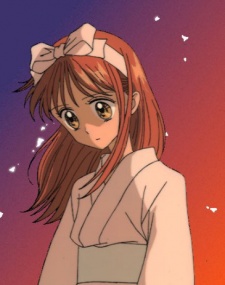
Mako Sonoda
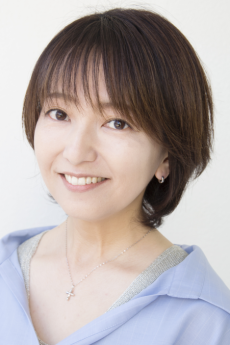
Akiko Nakagawa
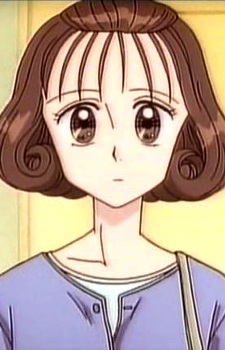
Natsumi Hayama
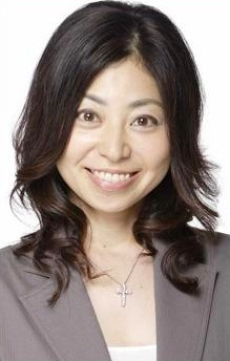
Akemi Okamura

Zenjirou
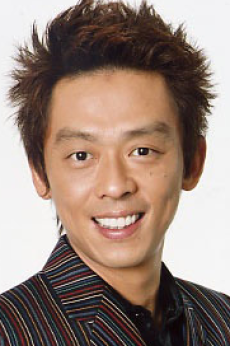
Zenjirou
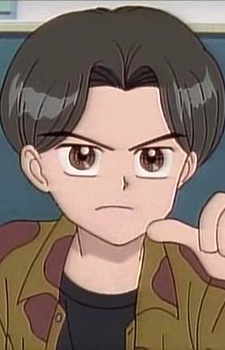
Shinichi Gomi

Masanobu Hirota
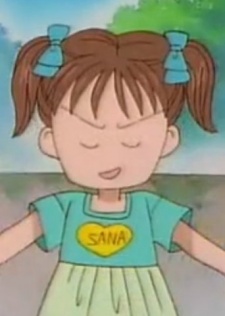
Ayumi

Naoko Ishii
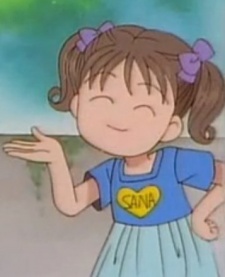
Yui

Akiko Nakagawa
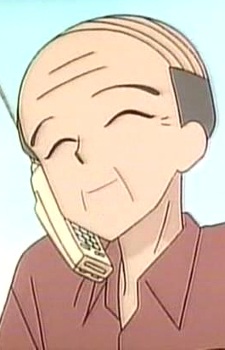
Grandpa Kurata
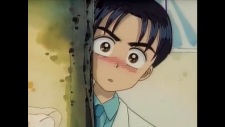
Ishida

Akemi Okamura
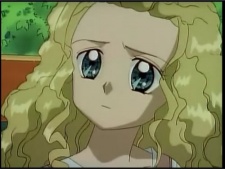
Sicil Hamilton
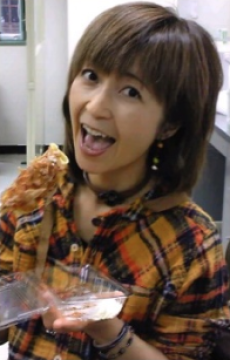
Satomi Koorogi
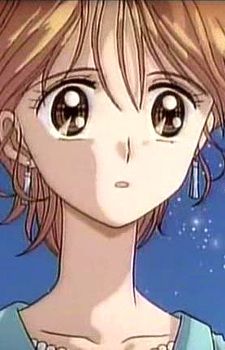
Asako Kurumi

Azusa Nakao
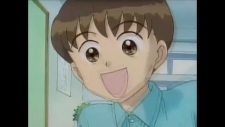
Shouta Nakao
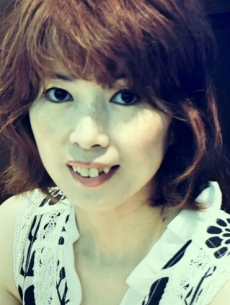
Hiroko Konishi
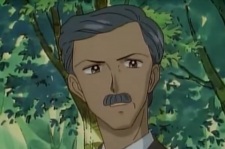
Gary Hamilton

Mugihito
EPISODES
Dubbed
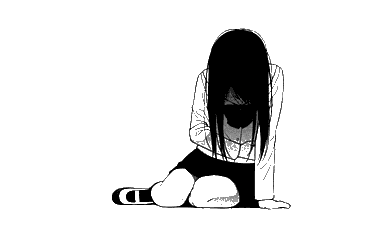
Not available on crunchyroll
RELATED TO KODOMO NO OMOCHA
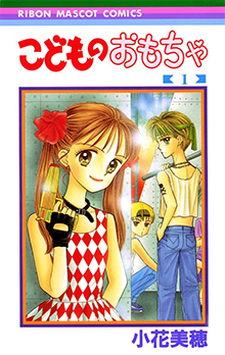 MANGA ComedyKodomo no Omocha
MANGA ComedyKodomo no Omocha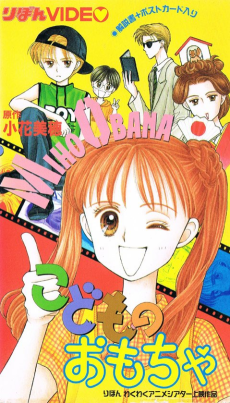 OVA ComedyKodomo no Omocha (OVA)
OVA ComedyKodomo no Omocha (OVA)REVIEWS

TheHornswoggler
100/100Kodocha is the charisma of recession!Continue on AniList
The 1990s were a turbulent time for Japan. Thanks to hiking interest rates brought upon by the bursting real estate bubbles of the late 80s alongside severe deflation at the hands of credit crunch, the Japanese economy collapsed in 1991, resulting in a long term recession now morbidly dubbed "The Lost Decade." As a result, the term "karisuma" (charisma) began to garner popularity in the mid 90s to describe characters, actors, and idols. The theory contends that the Japanese populous, following extended grief brought about by economic turmoil, wanted to see their dreams represented again, and so turned to optimistic media as a sort of catalyst for their desires.
Enter Kodocha, a TV series that was far from the first to express this notion of charisma and far from the last, but which, in my mind, signifies its ethos best. The story follows an energetic elementary schooler named Sana who stars in an on-going TV serial, "Kodomo no Omocha" or "Child's Toy", that supposedly is meant to model a normal classroom, but which acts mostly as a conduit for Sana's thoughts. The presence of "Child's Toy" in Kodocha posits Sana as an almost entirely outward entity, a girl whose every thought, emotion and action must be externalized for an audience. The anime furthers idea through other recurring motifs, such as the "This Week's Sana-chan" intertitles which show off Sana's fashion, the tape recorder that Sana uses every episode to channel her inner most issues into song, and the episode recaps in which Sana explains the on-going story beats through personal anecdotes, many of which change depending on the situation and the characters involved.

What Kodocha excels at more than most TV shows aimed at children is to not simply describe the ways in which kids behave and think independent of adults, but to structurally imitate these thought processes in nearly every aspect of the show. In the DVD interviews of his 2004 short film, Makasete Iruka!, series director Akitarou Daichi explains that one of his favorite themes to explore in Kodocha was, quote, "the society grownups have built" and the "children's world within it." Society made and run by adults is stiff and rigid, but grownups, according to Daichi, grit their teeth and bare it rather than attempt to fix things. Children, on the other hand, have no desire to adhere by the systems which govern the adult world, and therefore have the unclenching power to bend its barriers.
It is for the reasons Daichi lays out that Sana's every feeling dictates the pacing and tone of Kodocha. She is the world and its idol, so every action she makes on-screen cascades outwards into society, be that the anarchic hierarchies of their elementary school classroom or the troubled households of her acquaintances. The series proports a sort of self awareness over this fact, using the very platform of an in-universe TV show to highlight how adults themselves bank much of their success and stability on children, and how anime like Kodocha might be meant to rear a whole generation before shipping them off to a much grayer adulthood. As the very first page of the manga states, "We are the future Earth. The future is in the children's hands." It comes as no surprise then that the adults of Kodocha often lack any agency over the dramas unfolding within the world of their children. Their id quite literally quells the grownups' ego.

Although Daichi contends that he is already tainted by the mere fact of him being an adult, he believes that Kodocha offers a variety of serious topics through the emboldened purviews of children. There isn't much in the way of lecturing here, and the spastic directing coupled with impeccable voice acting by Shizue Oda and Tatsuya Nakazaki makes this anime one of the most endearing and "charismatic" that the 90s has to offer. Please afford it some time out of your day. It will leave your crusty old cataracts looking like glitter on a sunny day. Bet.
SIMILAR ANIMES YOU MAY LIKE
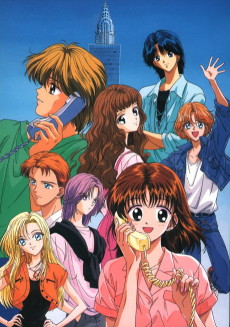 ANIME ComedyMarmalade Boy
ANIME ComedyMarmalade Boy ANIME ComedyKareshi Kanojo no Jijou
ANIME ComedyKareshi Kanojo no Jijou ANIME ComedyFull Moon wo Sagashite
ANIME ComedyFull Moon wo Sagashite ANIME ComedyOuran Koukou Host Club
ANIME ComedyOuran Koukou Host Club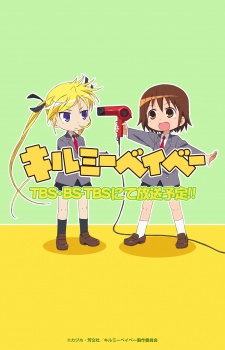 ANIME ComedyKill Me Baby
ANIME ComedyKill Me Baby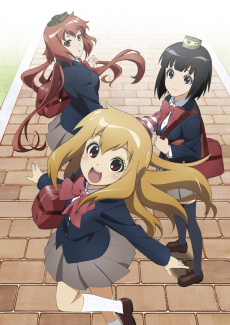 ONA ComedyPlastic Nee-san
ONA ComedyPlastic Nee-san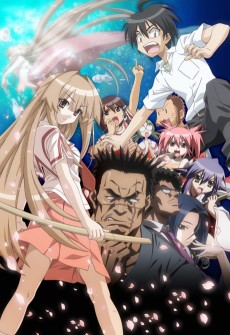 ANIME ComedySeto no Hanayome
ANIME ComedySeto no Hanayome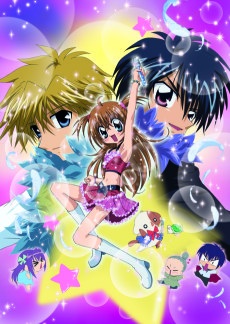 ANIME ComedyKirarin☆Revolution
ANIME ComedyKirarin☆Revolution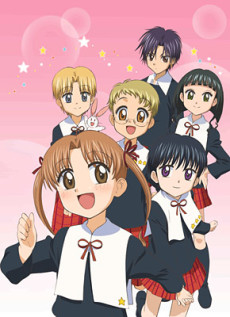 ANIME ComedyGakuen Alice
ANIME ComedyGakuen Alice ANIME ComedyCardcaptor Sakura
ANIME ComedyCardcaptor Sakura
SCORE
- (3.9/5)
MORE INFO
Ended inMarch 27, 1998
Main Studio Studio Gallop
Favorited by 649 Users

